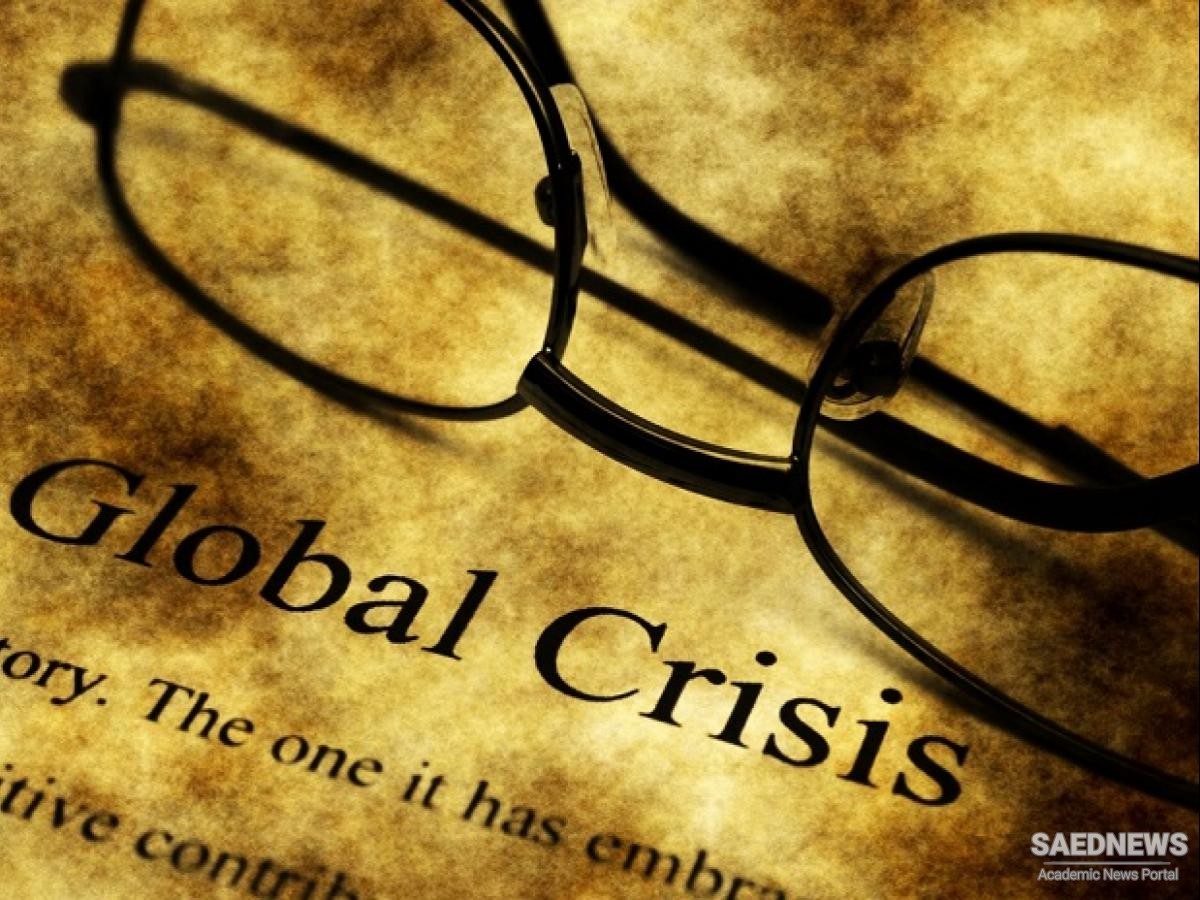Our world is burning. We face a global crisis that is unprecedented in terms of its magnitude, its global reach, the extent of ecological degradation and social deterioration, and the scale of the means of violence. This is a time of great upheavals, momentous changes, and uncertain outcomes; fraught with dangers, including the very real possibility of collapse as well as the growing threat of repressive social control systems that serve to contain the explosive contradictions of a global capitalism in crisis. Certainly the stakes bound up in the raging conflicts of our day are too high for the usual academic complacency. I believe that the most urgent task of any intellectual who considers him or herself organic or politically engaged is to address this crisis. If nothing else, we will all agree that global capitalism is a highly unstable and crisis-ridden system. If we are to avert disastrous outcomes we must understand both the nature of the new global capitalism and the nature of its crisis. This book is an attempt to contribute to such an understanding. Wide-ranging debate continues on the nature of the twenty-first-century global order and its contemporary crises. I have been centrally concerned with these matters for over two decades, seeking above all to construct a theoretical framework for situating them - specifically, a theory of global capitalism. The world in which Karl Marx analyzed capital has radically changed. The global capitalism perspective offers a powerful explanatory framework for making sense of the crisis. Analysis of capitalist globalization not only says something about the nature of the crisis but is also a template for probing a wide range of social, political, cultural, and ideological processes in this twenty-first century. It seems that the best way to understand the structure of these crises we need to focus on the internal dynamics of capitalism in order to understand the crisis.


 Malnutrition, Poverty and Health Crisis in Twenties
Malnutrition, Poverty and Health Crisis in Twenties














































